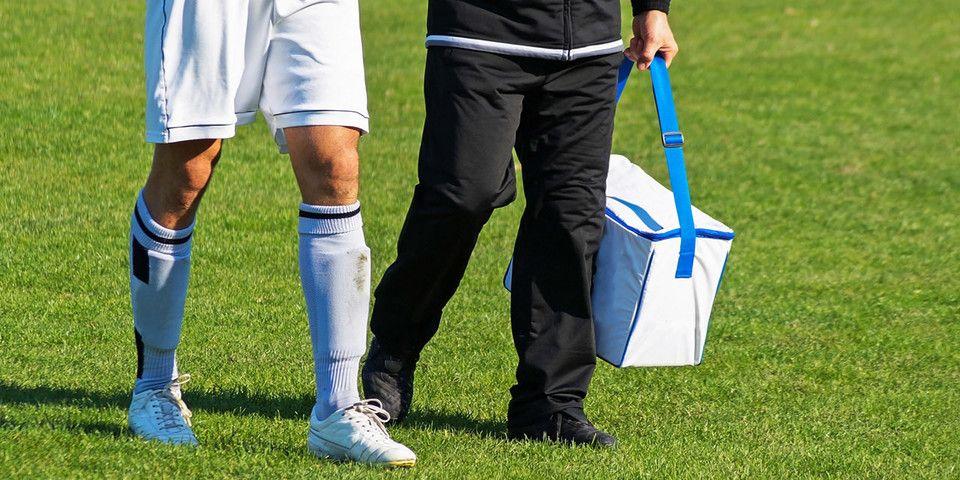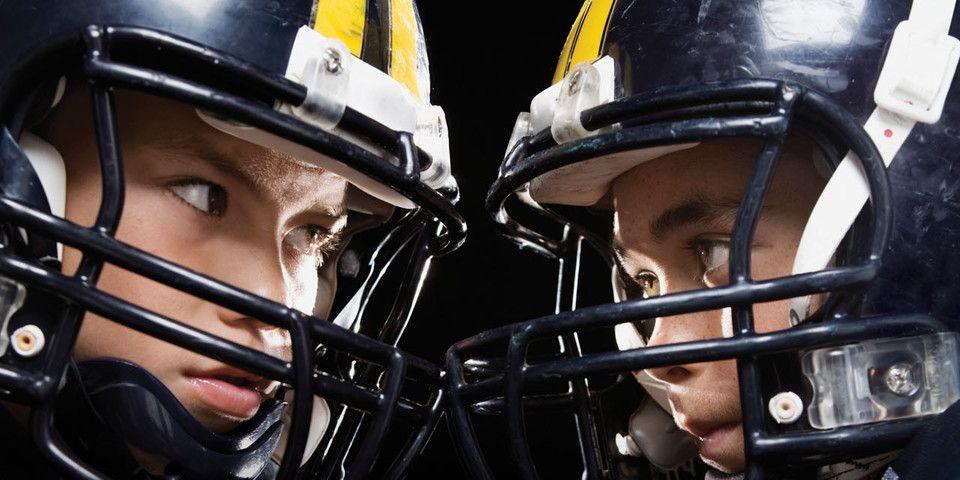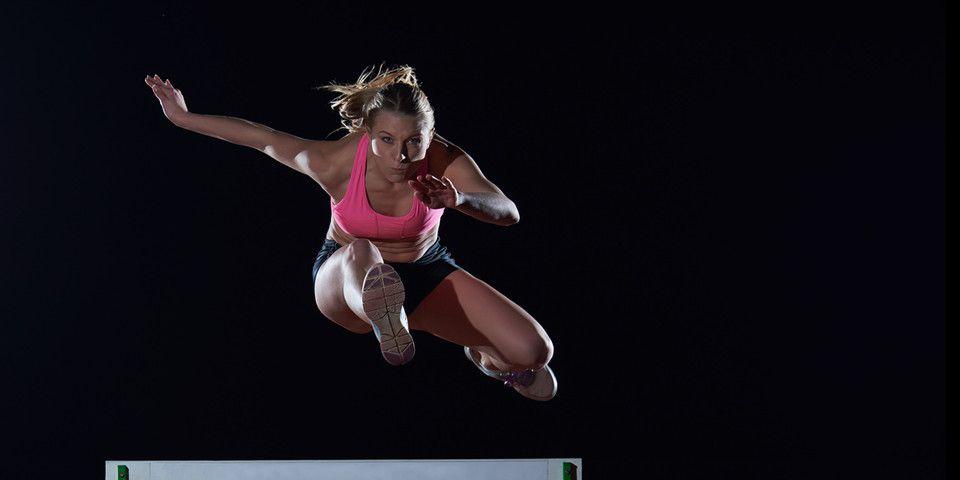The Three Grades of MCL Injury in Lacrosse Players
All MCL injuries are not created equal.
With lacrosse season just around the corner, you may be dusting off your cleats and stringing the stick as you look forward to pre-season practice. Whatever style of the game you’ll be playing, there are certain risks involved with this high impact, full-contact sport. With that in mind, it’s important to know the signs of medial collateral ligament or MCL injury in lacrosse players, as well as how each grade is defined and treated. As experts in sports medicine, physicians at Rothman Orthopaedics have compiled this guide for your MCL health.
Lacrosse and the Medial Collateral Ligament
While the most common lacrosse injuries are bumps, bruises, elbow, and shoulder injuries, MCL injury in lacrosse players is a serious concern. In order to prevent trauma to this important ligament, you need to understand the knee’s inner working.The knee is the joint in the leg with the thighbone or femur meets the two bones of the lower leg, the tibia and the fibula. The knee cap, known as the patella, sits at the front of the joint, while ligaments and muscles both hold the bones together and allow them to move up and down.
The medial collateral ligament, or MCL, is the ligament that connects the femur to the tibia along the inside of the knee.This stabilizes the knee, and prevents it from bending inwards. MCL injury in lacrosse players usually happens when the athlete has her or his foot planted and receives a blow to the outside part of the knee.The stress of the hit can cause strain or even tears in the MCL.
The Three Types of MCL Injury in Lacrosse Players
Orthopaedists grade MCL injuries in terms of their severity, treatment protocol, and recovery time. More severe trauma requires different treatment options and a longer rehabilitation period. The good news, however, is that absent another type of injury occurring at the same time in the knee, an MCL injury in lacrosse players rarely requires surgery.
-
Grade 1: Mild MCL Injury
- A grade one injury to the MCL is one that involves either strain or a very small tear. The primary symptoms are pain and inflammation.
- Primary treatments for this type of trauma include rest, icing the affected area, and the use of anti-inflammatory medications under the direction of a doctor to reduce pain.
- The treatment cycle for a grade one injury is usually about one to two weeks, with athletes able to return to normal activity levels within that time span.
-
Grade 2: Moderate MCL Injury
- A grade two injury involves a moderate to large tear to the MCL, causing pain, inflammation, and minor instability in the knee.
- Treatment for this type of trauma is similar to that of mild MCL injury, and includes rest, ice, and the use of anti-inflammatory drugs as directed by a physician to reduce pain and swelling. Use of compression bandages or support braces during the initial healing process may be recommended.
- Recovery time for a grade two MCL injury in lacrosse players may be from 4 to six weeks. You should have your knee checked by a doctor before returning to the field.
-
Grade 3: Complete MCL Tear
- A grade three MCL injury is a complete tear of the ligament, leaving it separated into two pieces.The symptoms include pain, inflammation, and significant instability in the joint.
- Treatments for a complete MCL tear are similar to those for grades one and two, with the addition of an immobilizing brace.
- Recovery time for a grade 3 MCL injury usually exceeds 6 weeks, as guided by a physician.
There are certain types of MCL injuries grade 3, that do require surgery. So it's important that you seek out prompt medical attention. Missing such injuries can lead to a poor outcome since certain types of MCL injuries typically do not heal.
When playing lacrosse, or any sport, it’s necessary for your continued health to listen to what your body is telling you. If you’re feeling pain, weakness, or instability in your knees, talk to a doctor right away.
For more information about MCL injury in lacrosse players, or to schedule an appointment, visit us here or
contact us at 1-800-321-9999.
Related Physicians
Related Specialties
Related Conditions
Related Treatments
Related Programs
-

Athletic Training- Sport Medicine Outreach
Our Field Athletic Trainers provide direct sports medicine care to youth, high school, college and professional athletes. Rothman AT’s provide athletic training services throughout Southeastern PA to interscholastic high schools, colleges, as well as tournaments and special events.Read More -

Sports Concussion Program
Concussion care is a special focus of Rothman's sports medicine program. We've developed the most advanced multi-disciplinary evaluation and treatment techniques based on research done by the concussion specialists here at Rothman Orthopaedic Institute.Read More -

Women’s Sports Medicine Program
The Women’s Sports Medicine Program at the Rothman Orthopaedic Institute is the first of its kind in the Philadelphia metro area and one of only several such programs specializing in the comprehensive care of the female athlete in the country.Read More




